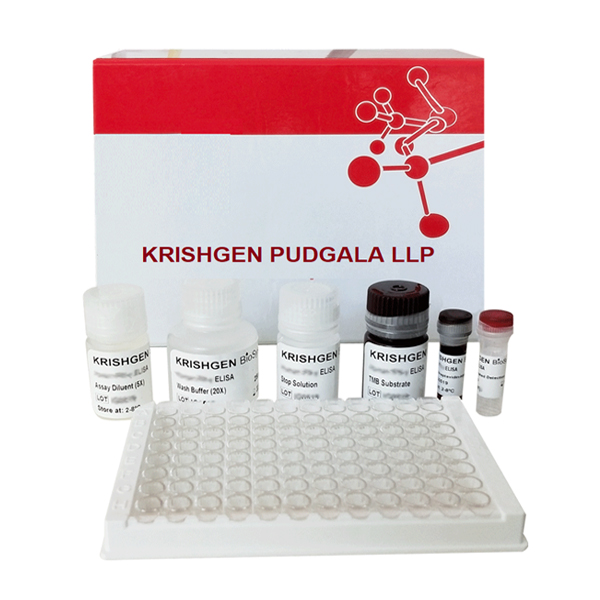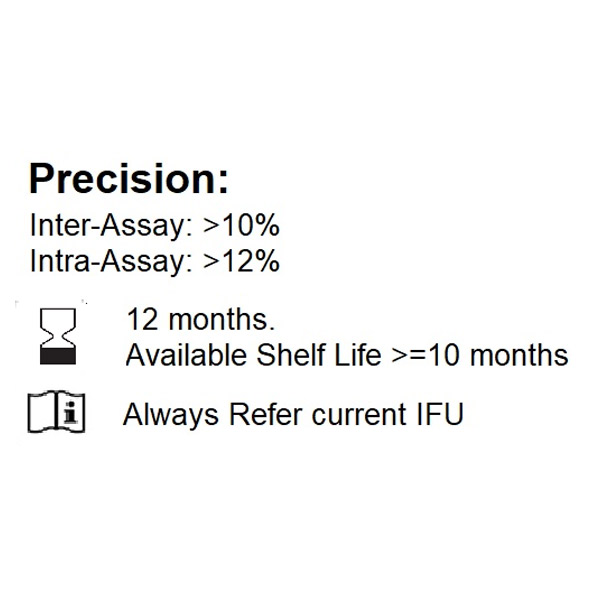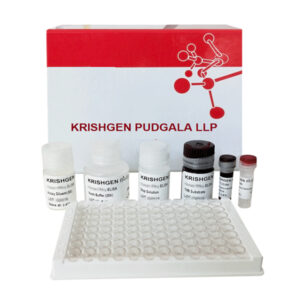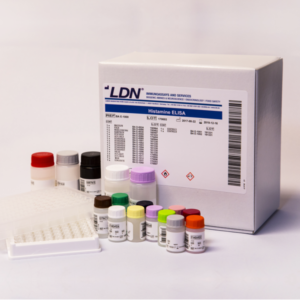Introduction:
Dengue virus is a single-stranded RNA virus of about 50 nm in diameter belonging to the genus Flavivirus.
Dengue and dengue hemorrhagic fever are caused by one of four closely related, but antigenically distinct,
virus serotypes (DEN-1, DEN-2, DEN-3, and DEN-4). Infection with one of these serotypes does not provide
crossprotective immunity, so persons living in a dengue-endemic area can have four dengue infections during
their lifetimes. The viruses are transmitted by Aedes aegypti, a domestic, day-biting mosquito that prefers to
feed on human blood. Infection with dengue viruses produces a spectrum of clinical illness ranging from a
nonspecific viral syndrome to severe and fatal hemorrhagic disease. It is primarily a disease of the tropics; its
global distribution is comparable to that of malaria, and an estimated 2.5 billion people live in areas at risk for
epidemic transmission. – Globally, there are an estimated 50 to 100 million cases of dengue fever and several
hundred thousand cases of dengue hemorrhagic fever.
– The case-fatality rate of DHF in most countries is about 5%; most fatal cases are among children and young
adults.
– Important risk factors for DHF include the strain and serotype of the infecting virus, as well as the age,
immune status, and genetic predisposition of the patient.
Risk groups: residents of or visitors to tropical urban areas.
SKU: KBD768
Dengue Antibody IgG GENLISA™ ELISA
| Pack Size | ELISA 96 wells |
|---|




